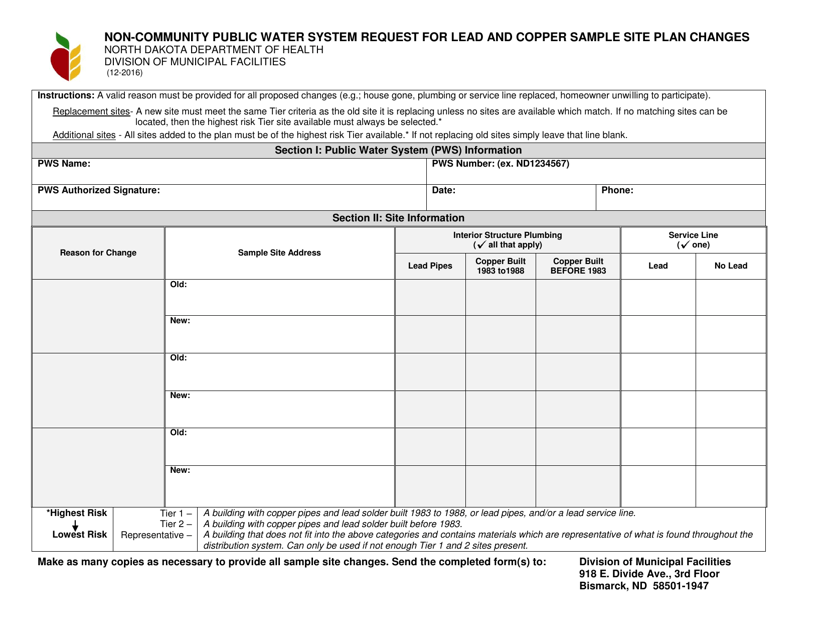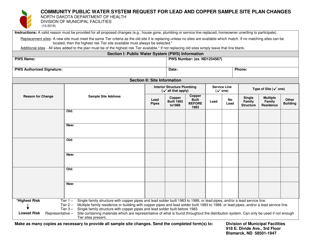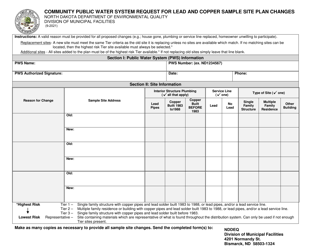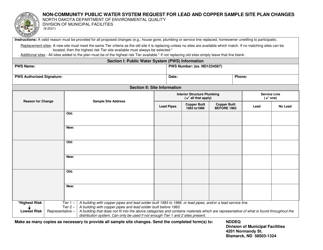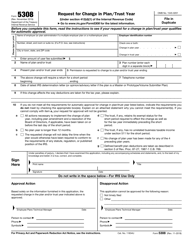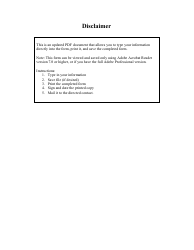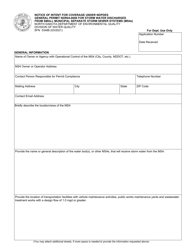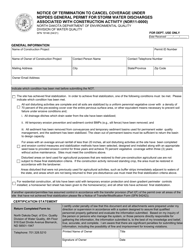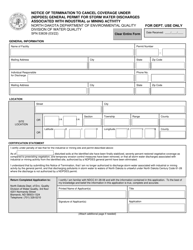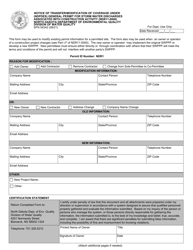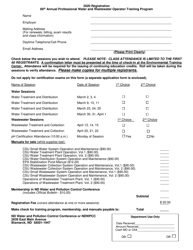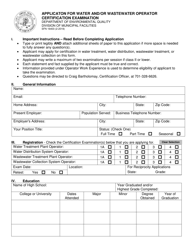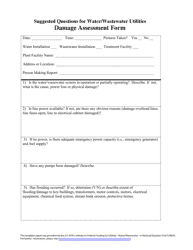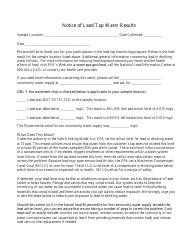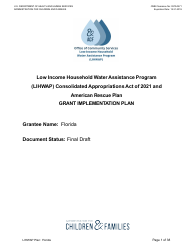Non-community Public Water System Request for Lead and Copper Sample Site Plan Changes - North Dakota
Non-community Sample Site Plan Changes is a legal document that was released by the North Dakota Department of Health and Human Services - a government authority operating within North Dakota.
FAQ
Q: What is a non-community public water system?
A: A non-community public water system is a water system that serves drinking water to at least 25 people at least 60 days per year, but not year-round.
Q: What is a lead and copper sample site plan?
A: A lead and copper sample site plan is a plan that outlines the locations where water samples for lead and copper testing will be taken.
Q: Why would a non-community public water system request changes to their lead and copper sample site plan?
A: A non-community public water system may request changes to their lead and copper sample site plan if there are changes in the system's water supply, distribution network, or other factors that may affect the presence of lead and copper in the water.
Q: Who is responsible for approving the changes to a lead and copper sample site plan?
A: The appropriate regulatory agency, such as the state or local health department, is responsible for approving changes to a lead and copper sample site plan.
Q: What is the purpose of testing for lead and copper in drinking water?
A: Testing for lead and copper in drinking water is done to ensure that the levels of these metals are within the acceptable limits set by the Safe Drinking Water Act. High levels of lead and copper in drinking water can be harmful to health.
Q: Are there any regulations or guidelines for lead and copper levels in drinking water?
A: Yes, the Safe Drinking Water Act sets maximum contaminant levels for lead and copper in drinking water. These levels are designed to protect public health.
Q: How often should lead and copper testing be done for non-community public water systems?
A: Lead and copper testing should be done at least every three years for non-community public water systems.
Q: Who should I contact if I have concerns about the quality of my drinking water?
A: If you have concerns about the quality of your drinking water, you should contact your local or state health department or the regulatory agency responsible for overseeing public water systems in your area.
Form Details:
- Released on December 1, 2016;
- The latest edition currently provided by the North Dakota Department of Health and Human Services;
- Ready to use and print;
- Easy to customize;
- Compatible with most PDF-viewing applications;
- Fill out the form in our online filing application.
Download a printable version of the form by clicking the link below or browse more documents and templates provided by the North Dakota Department of Health and Human Services.
